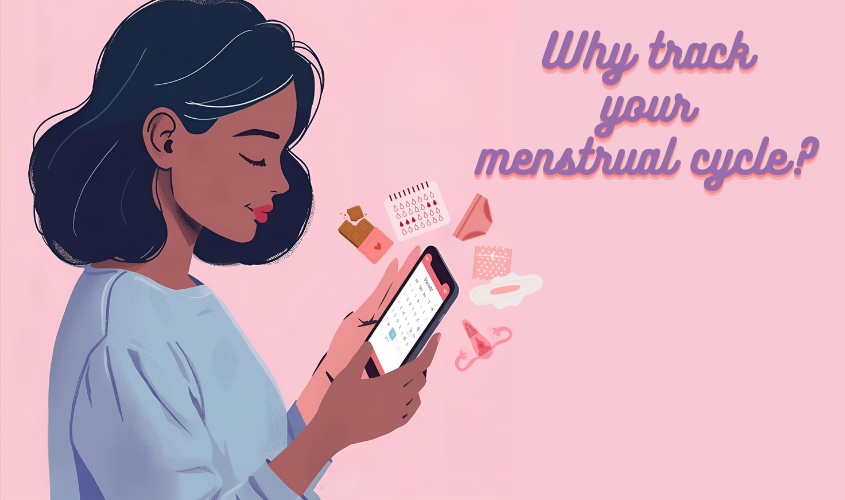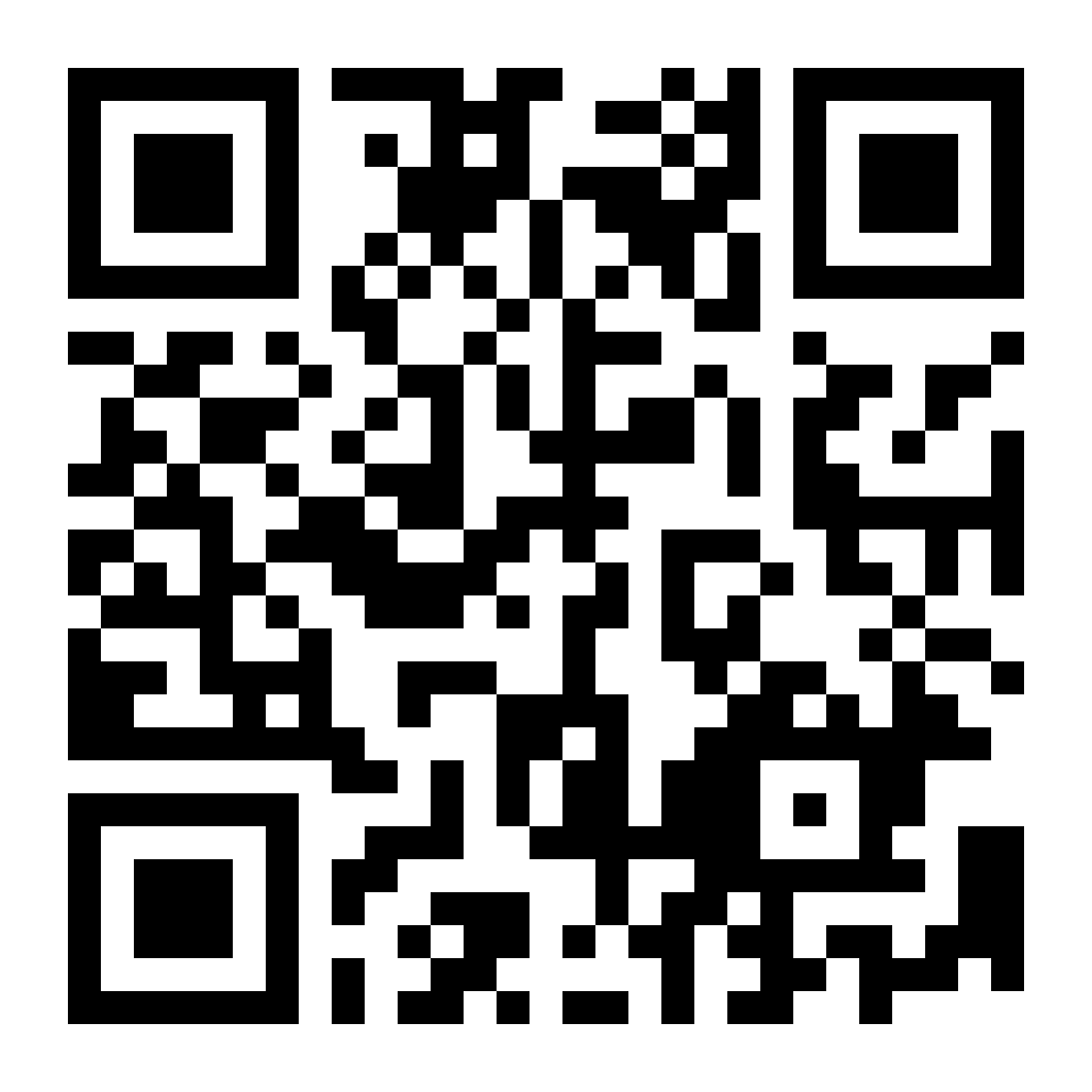
- 11.09.2025
- Menstrual Health Blog
Women are not used to talking about their periods or tracking their menstrual cycle. In any culture, for girls of any age, this topic is perceived as taboo. Something that should not be spoken aloud. Something “embarrassing” to tell men. Women are used to seeing their periods as something inconvenient, intimate. Our cycle is not just “red days” on the calendar, but a complex, dynamic system that strongly affects not only mood, but also energy, appetite, productivity, and even social interactions. Tracking the menstrual cycle is not just marking the start and end of your period. It is a step toward a deep understanding of your body, the signals it sends, your hormonal balance, and your overall health.
We, women, have many responsibilities: home, work, children. All of this is very tiring, but we must not forget about ourselves. We need to respect ourselves. Take care of ourselves and our health. Love ourselves. When a woman loves herself, she changes everything around her. She chooses herself every day. And this is the greatest strength. You deserve love right now. Not “after losing weight,” not “when you reach your goal,” not “when someone appreciates it.” Simply because you exist!
The menstrual cycle is one of the most important and inseparable parts of our lives. That is why it needs to be monitored. Today, it has become very simple. A few clicks — and you already have a picture of your cycle, along with a tool for planning your life, maintaining balance, and early detection of potential problems. Comfortable trips to the sea and beyond.
In this article, we will cover:
- Why tracking the menstrual cycle is important
- How to do it correctly
- What you can learn about yourself using an app
- Which signs should not be ignored
Why is tracking your menstrual cycle important?
Many start tracking their periods just to predict the date of “critical days.” But this approach is too superficial.
The menstrual cycle is a complex process, not just bleeding. It includes so-called phases: menstrual, follicular, ovulatory, and luteal. Each has its own hormonal “setting,” which directly affects physical and emotional states.
Example: During the follicular phase (right after menstruation), estrogen levels rise, and along with them, mood, energy, and motivation increase. During ovulation, we become more social, open, and even our appearance changes — nature turns us on to maximum. The luteal phase (before menstruation) may be accompanied by fatigue, irritability, and anxiety. This is what is called PMS. And during menstruation itself, we want comfort, warmth, and rest.
Understanding the phases allows you to live in harmony with your body: not forcing yourself to be “productive” when your body needs a pause, and conversely — taking advantage of moments of maximum activity.
Also, the cycle can be an indicator of overall health. Severe pain during periods, delays, irregularity, prolonged bleeding can signal hormonal imbalances, stress, or gynecological problems.
What can you track in a mobile app for menstrual cycle tracking?
Modern apps are not just a calendar. They allow you to save health data, see patterns, warn of symptoms, and remind you when it’s time to see a doctor.
What exactly should you track?
- Start dates and duration of menstruation.This is the first information that helps calculate the average cycle length, determine whether your periods are regular, and notice changes. If the cycle usually lasts 28 days, but suddenly becomes 40 or 22 — this is a reason to pay attention to your body.
- Volume and character of discharge. Almost all period trackers allow you to note how heavy your flow was, whether there were blood clots, or spotting. Also, whether there was an unusual smell or color. This is important, as very heavy bleeding can be a symptom of fibroids (benign muscular growth in the uterine wall), endometriosis (chronic inflammatory process), or hormonal imbalance.
- Body temperature. Your body temperature most accurately determines when ovulation occurs. The key is to measure it first thing in the morning, before getting up. That will be your basal temperature, which is what you need. After ovulation, temperature can rise by 0.3–0.5°. This is very useful for planning pregnancy or, conversely, preventing unwanted pregnancy.
- Mood, sensations, and emotions. When we experience anxiety, irritability, apathy, or, conversely, a sharp surge of energy. After a few months, you will know exactly which days certain states repeat and will be able to plan your life accordingly. P.S.: I recommend avoiding important negotiations during PMS.
- Physical condition. Pain and cramps in the abdomen, headaches, breast pain, fatigue, bloating — this is worth tracking. You can also note how you handle physical activity during different phases.
- Appetite and food preferences. During the luteal phase, you always crave more sweets. Notice? Appetite increases, and this is completely normal. It’s important to know your reactions and stay in control.
- Sleep quality. Lack of sleep, increased drowsiness — this is also one of the important indicators that may change along with hormonal fluctuations.
- Medications, vitamins, contraception. Record everything that may affect your cycle. This will help you better understand changes in your body.
When you track for at least a few months, you start to see certain patterns:
- On which days mood drops or anxiety arises
- When energy and the desire to move mountains appear
- How food affects well-being
- How your body reacts to stress, changes in sleep, or weather
This knowledge gives you control over your body, over yourself, and support that is often lacking. And most importantly — it allows you to stop living “by force” and start listening to your body.
Menstrual cycle and life planning: how to adapt your schedule to the phases
We live in a world where more is often expected from women: stability, constant productivity, and the same level of energy every day. But the truth is that the female body is predictable, and instead of fighting it, it is much more effective to balance with your body.
Understanding cycle phases is your navigator and helper in life.
The menstrual cycle consists of four main phases. Each is important and affects the physical, emotional, and cognitive spheres. If you manage to adapt your life to each of these phases, you can increase your efficiency. This also helps reduce stress levels and feel true balance.
Cycle phases and how to use them:
- Menstrual phase (days 1–5) — reset
What happens?: estrogen and progesterone levels drop, the body cleanses and recovers.
How do you feel?: lower energy, possible fatigue, desire for solitude.
What to plan?: less load — minimal meetings, more sleep, time for self-care.
What NOT to do?: strict deadlines, difficult decisions, excessive physical activity. - Follicular phase (days 6–13) — your recovery time
What happens?: estrogen rises, you begin to feel a surge of energy.
How do you feel?: clear thinking, energy, optimism.
What to plan?: brainstorming, launching new projects, learning, sports.
Tip: this is the perfect time to awaken activity that dulled during menstruation. - Ovulatory phase (days 14–16) — peak of energy and sociability
What happens?: egg release, estrogen at its maximum.
How do you feel?: charming, sociable, confident.
What to plan?: presentations, interviews, public speaking, meetings, negotiations.
Bonus: during this period, we look our best and are most convincing. - Luteal phase (days 17–28) — completion
What happens?: progesterone rises, the body prepares for menstruation.
How do you feel?: increased sensitivity, vulnerability, desire for calm.
What to plan?: project completion, reflection, analysis, household tasks.
Avoid: overload, excessive self-criticism (it increases during this period).
And then… everything starts again!
Life in the rhythm of the cycle is your salvation. When you plan your life taking into account your cycle phases, you are one step ahead, you don’t give up — you become smarter. This is not about weakness, but about deep strength and self-care. Each phase has its own resource. All you need is to learn to see and use it.
When to see a doctor and how the app can help in time
Tracking your menstrual cycle is not only about comfort and planning. It is also a tool for early diagnosis. Many gynecological and endocrine disorders manifest precisely through changes in the cycle, and the earlier you notice it, the faster you can solve the problem.
Symptoms you MUST NOT ignore
- Irregular cycle
If your cycle is unstable — 25 days, then 40, then missing a month — this is not normal. It may signal hormonal imbalance, polycystic ovary syndrome, thyroid problems, stress, or other disorders. - Severe pain
Yes, menstruation can be very, very unpleasant and painful. But if the pain is so strong that you cannot work or function without painkillers — this may indicate endometriosis or other pathologies. Monitor and take care of yourself. - Excessive or very light bleeding
If you change pads every 1–2 hours or, conversely, bleeding is very light — it is better to see a gynecologist. This may be a sign of fibroids, blood clotting disorders, or hormonal imbalance. Normally, it should be 20–80 ml for the entire cycle (3–7 days). - Delays of more than 10 days (if, of course, you are not pregnant)
Sometimes delays are a normal consequence of stress, dietary changes, or travel. But regular delays require attention, especially if accompanied by pain, swelling, or weight changes. - Sharp mood swings, anxiety, depressive states
If you notice that before menstruation you are “overwhelmed” so strongly that it affects work, relationships, and overall well-being — it may not be just PMS, but premenstrual dysphoric disorder (PMDD), which requires support.
How does the app help in tracking the menstrual cycle?
- Accumulation of personal data: the app stores information about all your symptoms, duration, pain, emotions, and sensations, allowing you to see patterns.
- Automatic prompts.
- Convenience for doctor visits: instead of trying to remember “when did what happen,” you just open your cycle history and show it to the specialist. Gynecologists are delighted that you have detailed information about your body.
- Sense of self-control: when you see patterns, you understand yourself and your body better. Anxiety decreases. And you are always ready to answer the classic gynecologist question: “When was your last period?”
Tracking your menstrual cycle is not a whim or “fashion.” It’s about connection with yourself, care, health, and smart planning. Thanks to modern apps, we have a powerful tool that allows us to feel better, reduce stress, and be more aware.
Let your menstrual cycle be not an enemy, but an ally!














